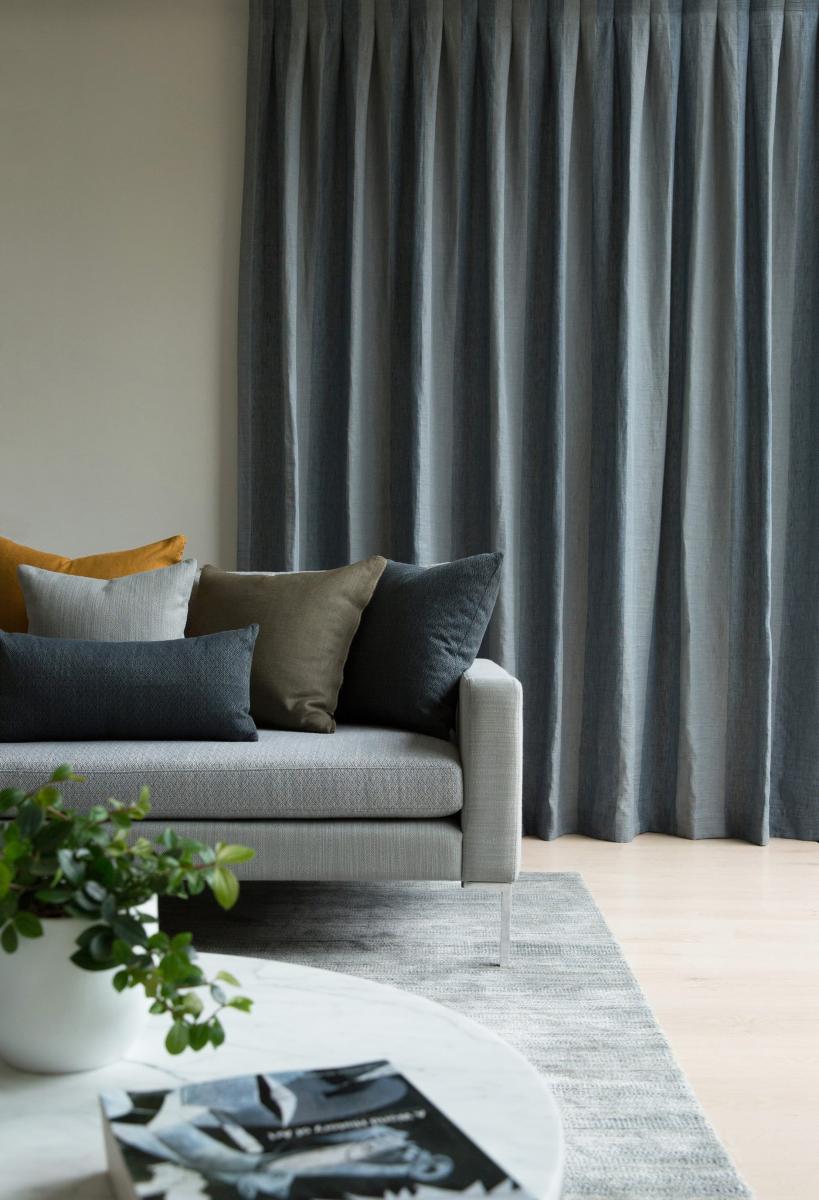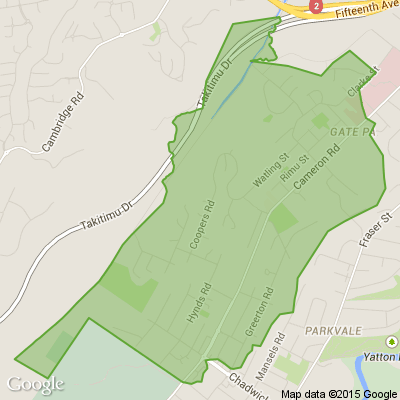Do Blackout Curtains Help With Sleep?
Do you feel like there is too much light in your bedroom at night or in the morning? Too much light in your bedroom could be severely interfering with your sleep. Here’s how blackout curtains can help.
Why does light affect your sleep?
Light is one of the key signals for your circadian rhythm. Your circadian rhythm is essentially your master ‘body clock’ that takes its cues from your general sleeping patterns, light exposure and temperature. This body clock starts facilitating the release of the sleep hormone melatonin about 2 hours before ‘bedtime’.
So, reducing your exposure to light at night time may help signal to your body that it’s time for bed and help you achieve a deeper sleep. This means you should be avoiding exposure to sunlight, reducing your screen time, and dimming the lights or lamps in your bedroom. Unless you live deeply rural, you will also need to find ways to reduce light from cars, streetlights and other homes entering your bedroom. That’s where blackout curtains come in.
What are blackout curtains?
Blackout curtain or lining fabric is made from dense, tightly woven materials that do not allow light through. Because the material is dense, blackout fabrics also have great insulation and noise-cancelling properties.
How blackout curtains help you get a better night’s sleep
When installed correctly, blackout curtains (or blackout curtain lining) almost completely stop external light entering your bedroom, and so contribute to an environment that allows a deeper sleep. They need to full cover the window frame for the blackout effect to work properly, so light doesn’t come through the sides. Blackout fabrics will also help reduce your energy bill and make it easier for you to control the temperature in your bedroom – another crucial factor for your circadian rhythm.
Blackout curtains will drastically improve sleep for night shift workers
If your job or lifestyle mean you need to get your rest during daylight hours, blackout curtains are a fantastic way to reduce light exposure and ‘trick’ your circadian rhythm into producing melatonin.
If you would like to add a blackout lining to your current curtains or book your curtains or blinds in for a maintenance clean, contact the team at Curtain Clean on 0800 579 0501.

Poll: Should all neighbours have to contribute to improvements?
An Auckland court has ruled a woman doesn’t have to contribute towards the cost of fixing a driveway she shares with 10 neighbours.
When thinking about fences, driveways or tree felling, for example, do you think all neighbours should have to pay if the improvements directly benefit them?

-
82.5% Yes
-
14.8% No
-
2.7% Other - I'll share below
Live Q&A: Garden maintenance with Crewcut
This Wednesday, we're having another Neighbourly Q&A session. This time with John Bracewell from Crewcut.
John Bracewell, former Black Caps coach turned Franchisee Development Manager and currently the face of Crewcut’s #Movember campaign, knows a thing or two about keeping the grass looking sharp—whether it’s on a cricket pitch or in your backyard!
As a seasoned Crewcut franchisee, John is excited to answer your lawn and gardening questions. After years of perfecting the greens on the field, he's ready to share tips on how to knock your garden out of the park. Let's just say he’s as passionate about lush lawns as he is about a good game of cricket!
John is happy to answer questions about lawn mowing, tree/hedge trimming, tidying your garden, ride on mowing, you name it! He'll be online on Wednesday, 27th of November to answer them all.
Share your question below now ⬇️

Test Your Wits! Today's Riddle Will Keep You Guessing!
Only one colour, but not one size,
Stuck at the bottom, yet easily flies.
Present in the sun, but not in rain,
Doing no harm, and feeling no pain.
What is it?
Do you think you know the answer to our daily riddle? Don't spoil it for your neighbours! Simply 'Like' this post and we'll post the answer in the comments below at 2pm.
Want to stop seeing riddles in your newsfeed?
Head here and hover on the Following button on the top right of the page (and it will show Unfollow) and then click it. If it is giving you the option to Follow, then you've successfully unfollowed the Riddles page.







 Loading…
Loading…























